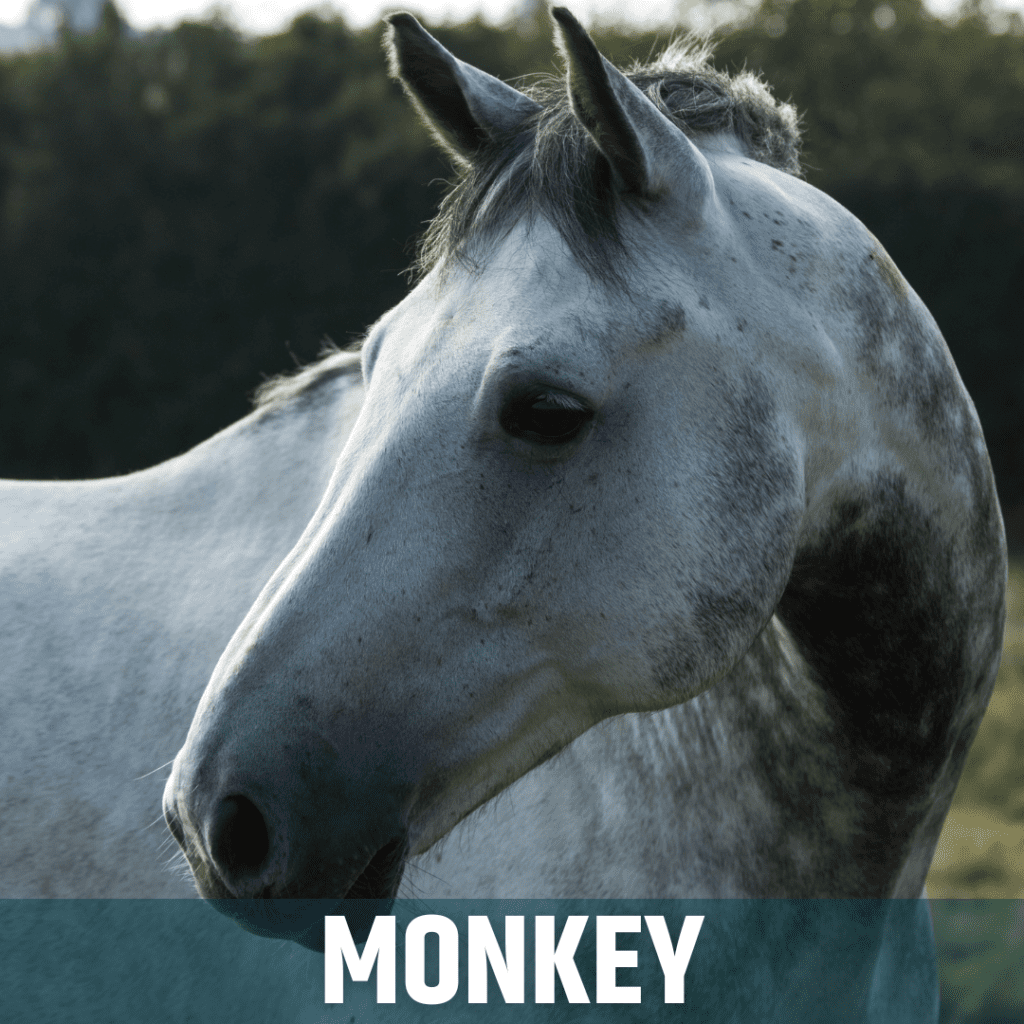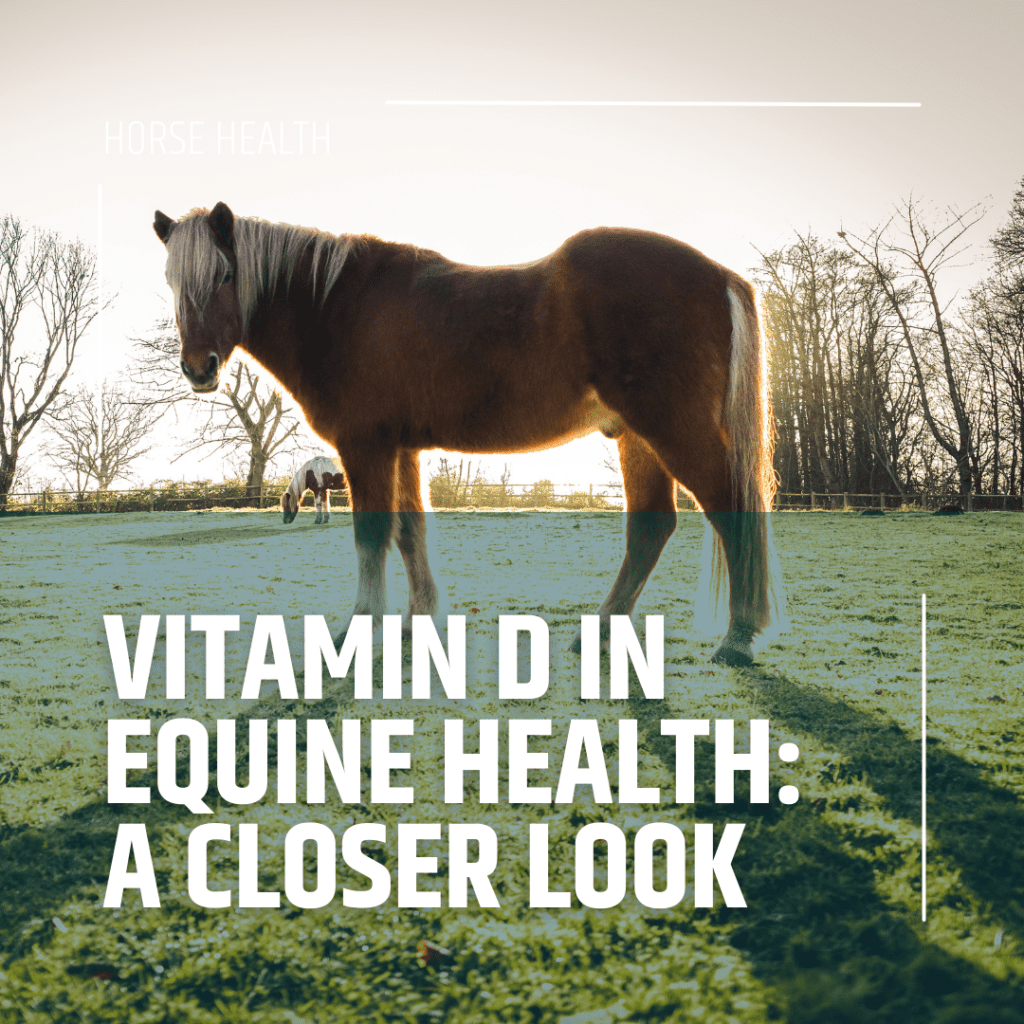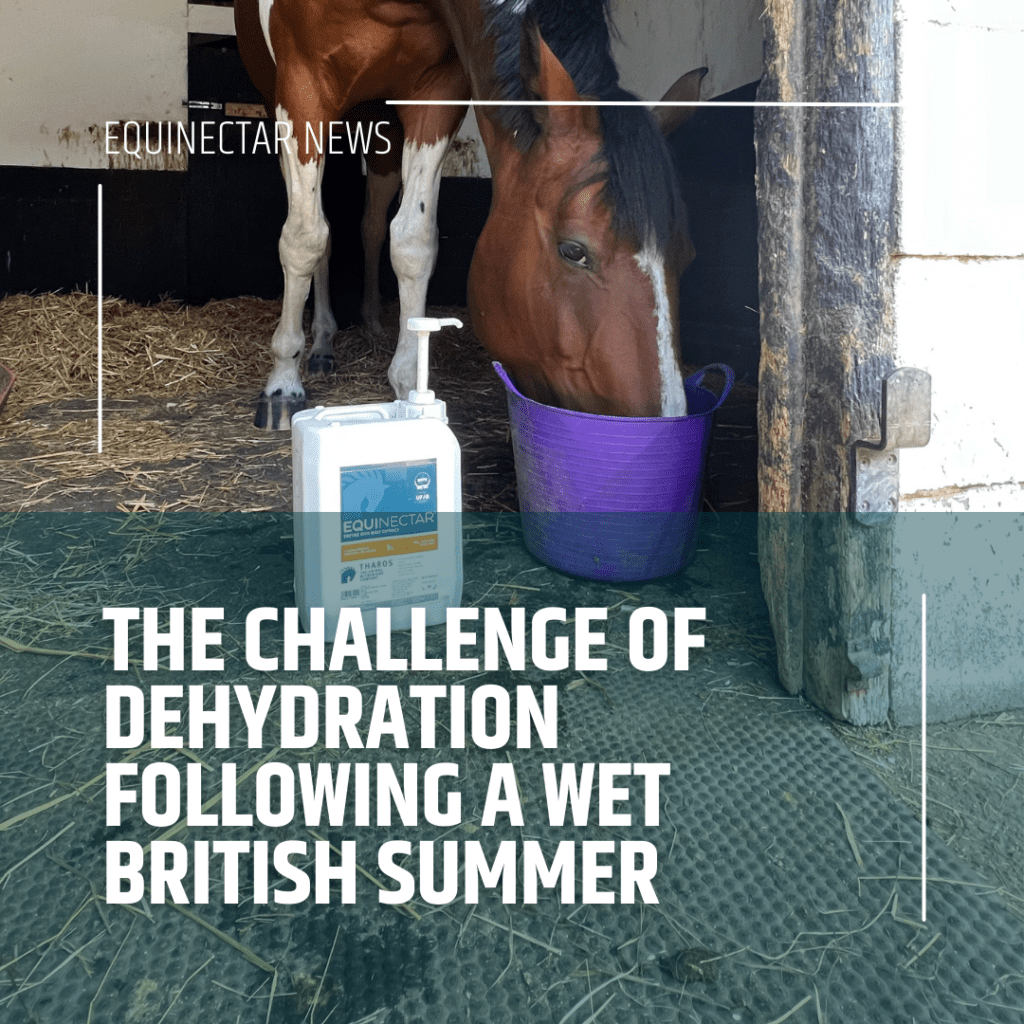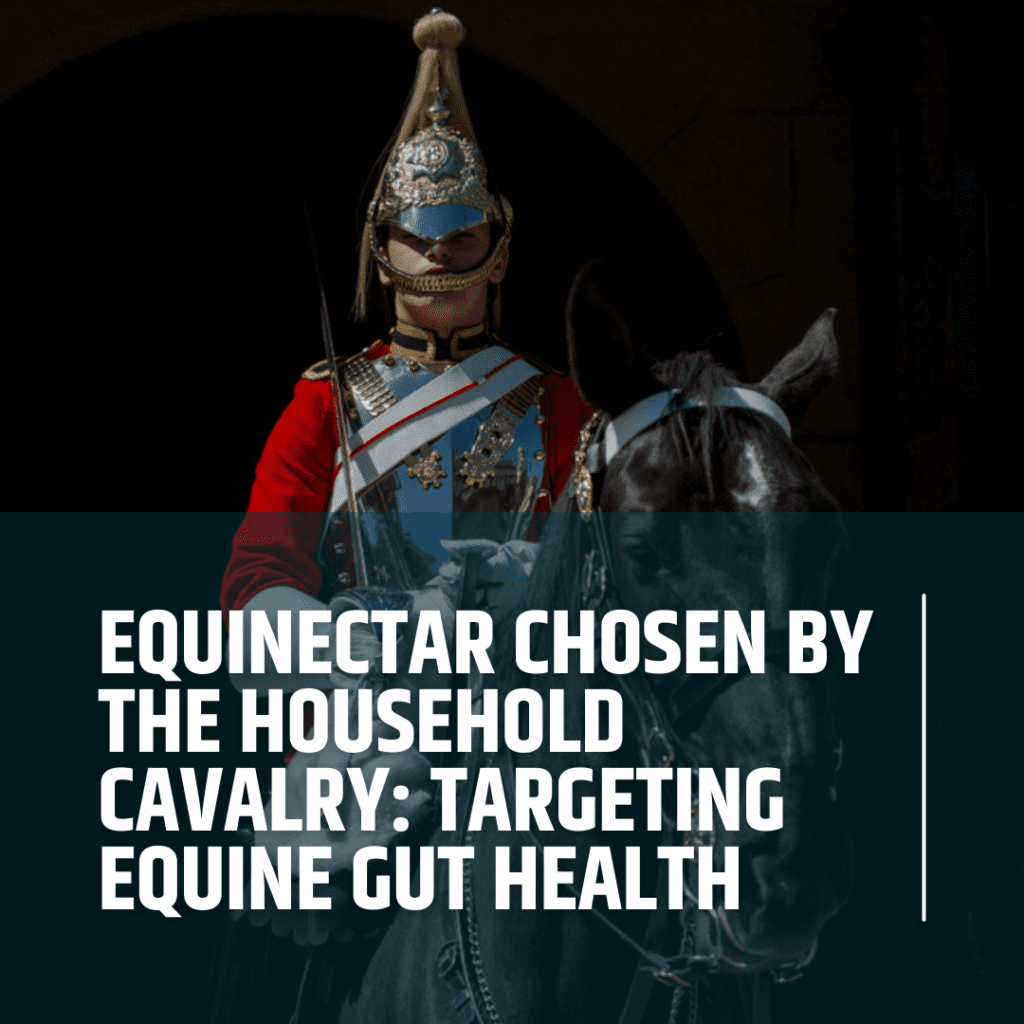Horse of the Week – MONKEY
I have owned Monkey for a couple of years; he is an 8-year-old Warmblood cross TB gelding. He certainly presented some challenges when I first had him. He would take fright while being ridden, displaying symptoms of anxiety and extreme tension. He blind bolted with me on one occasion, was notably disturbed by traffic while hacking, and was noise-sensitive during schooling.
Horse of the Week – MONKEY Read More »










